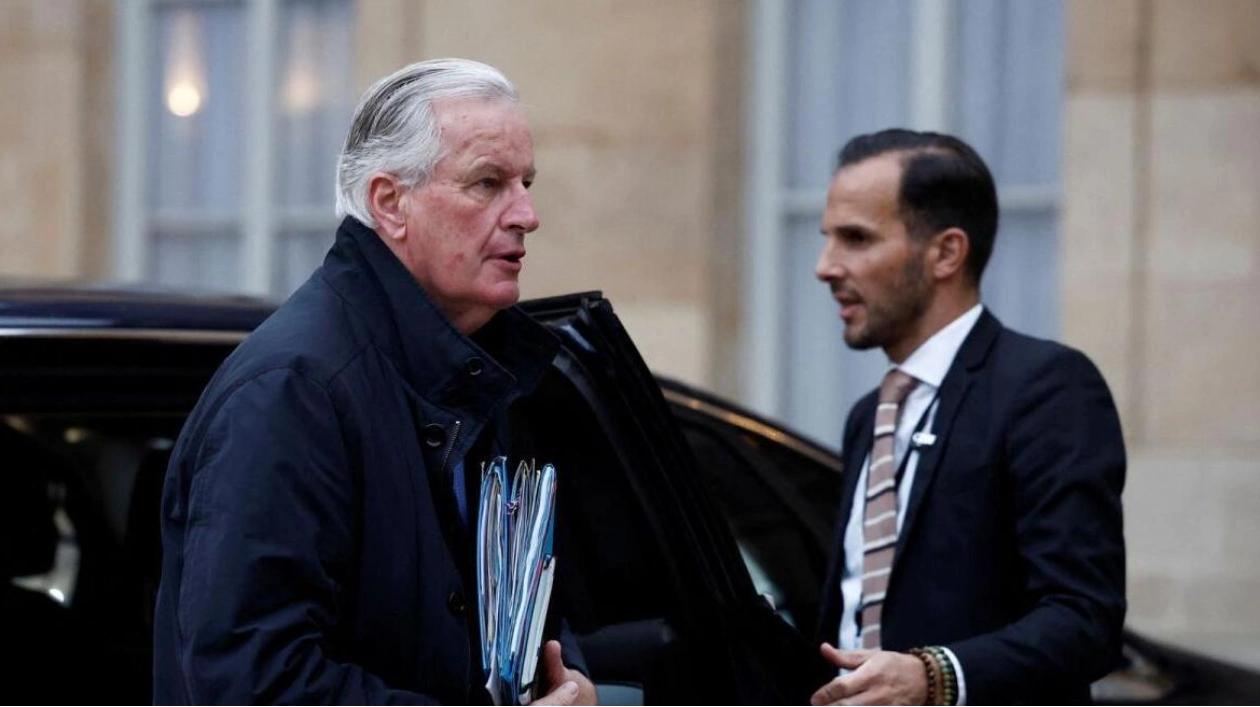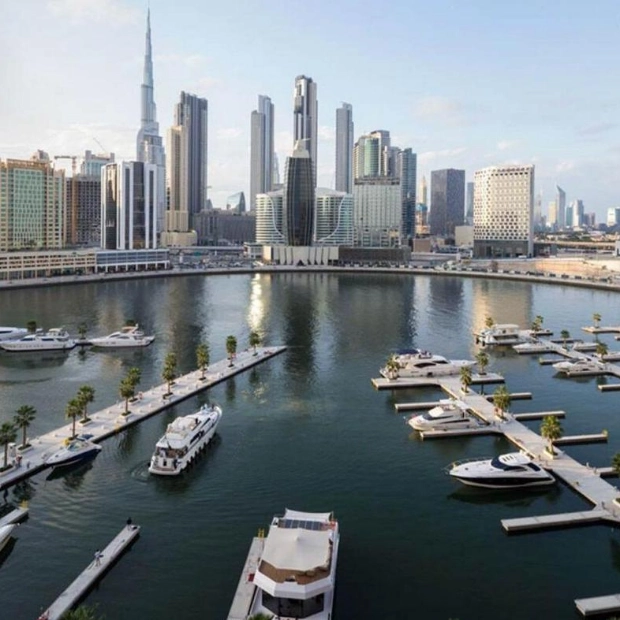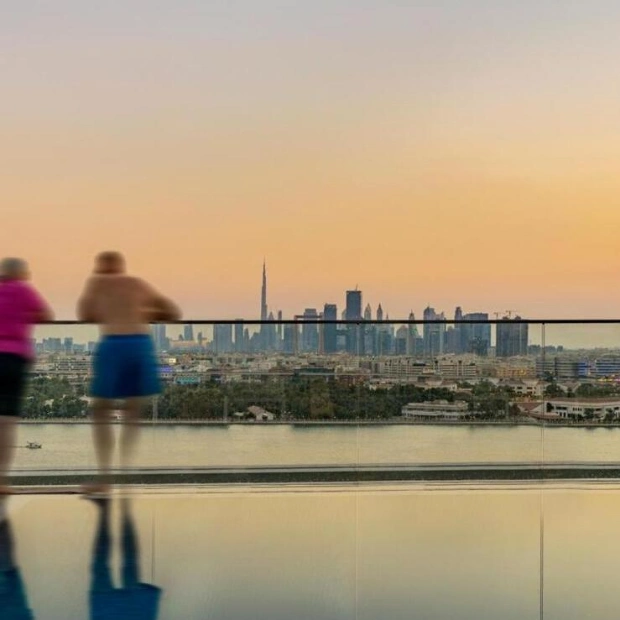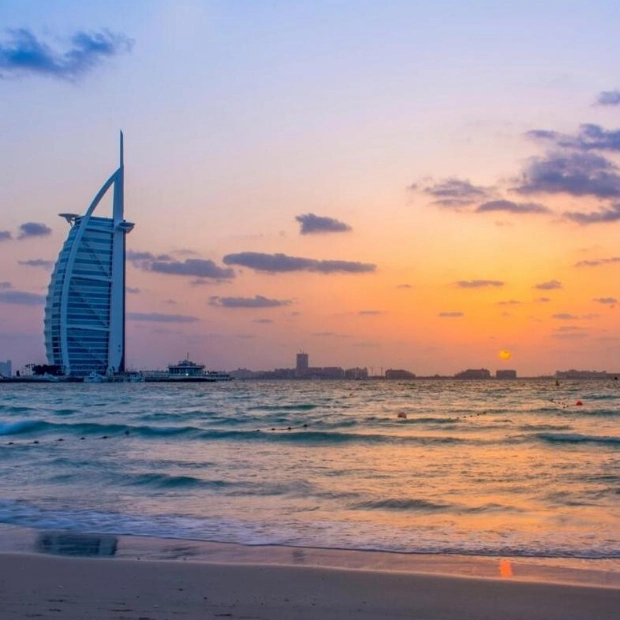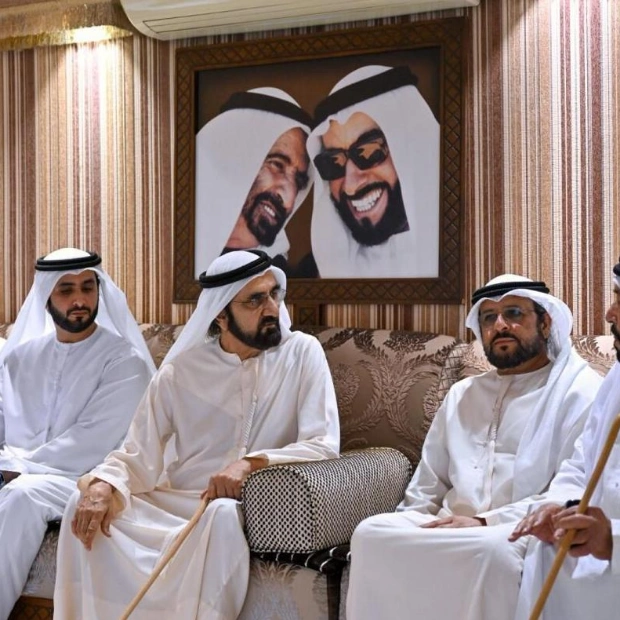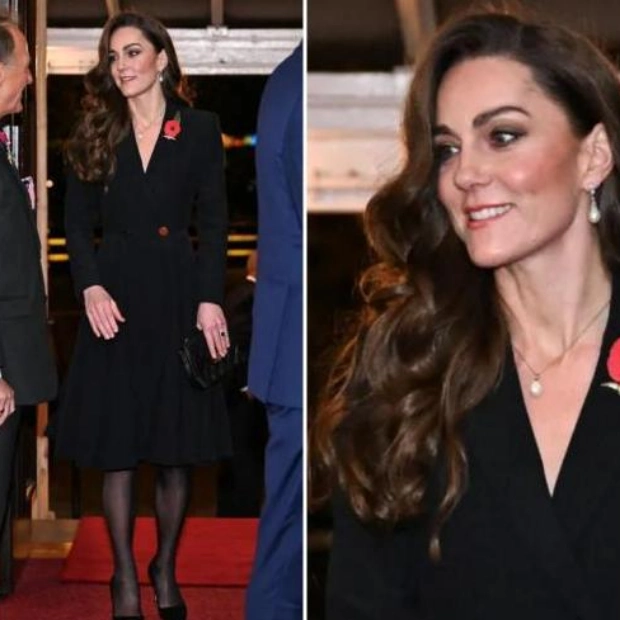France's new Prime Minister Michel Barnier convened his cabinet ministers for the first time on Monday, urging them to prioritize action over spectacle as he aimed to alter public perception that previous administrations were overly arrogant. The cabinet was formed over the weekend after President Emmanuel Macron and Barnier faced challenges in assembling a team following a snap election in early July that resulted in a hung parliament.
Barnier's office quoted him as saying, 'Focus on action rather than talk. No theatrics,' before the afternoon cabinet meeting. He emphasized the need for respect towards all compatriots and political parties, advocating for listening and humility. Opinion polls and elections have long indicated voter dissatisfaction with Macron's top-down governance style.
Although an alliance of left-wing parties led the July election and the far-right National Rally (RN) secured the most votes as a single party, Macron's centrists eventually collaborated with the center-right and conservatives to form a government. Most of Barnier's new cabinet members, including finance and budget ministers, are relatively unknown to the French public and lack significant political influence. One notable exception is new Interior Minister Bruno Retailleau, a 63-year-old veteran from The Republicans (LR) conservative party and a key figure in the party's shift to the right.
Retailleau, upon assuming office, stated, 'The French people want more order - order in the streets, order at the borders.' He pledged to take a firm stance against those who attack or disrespect politicians and to combat antisemitism. The stability of the new government and its ability to pass reforms through parliament remains uncertain. The RN holds a pivotal role, having tacitly supported Barnier's premiership while reserving the right to withdraw support if concerns about immigration, security, and other issues are not addressed.
Retailleau has long advocated for stricter immigration policies but did not detail his specific plans on Monday. RN lawmaker Jean-Philippe Tanguy declared on France Inter radio, 'We will be the ones deciding whether this government has a future or not,' indicating they would await Barnier's speech in October. Barnier hinted at the possibility of increasing taxes on France's wealthiest individuals and some large corporations to address a significant public finance deficit, while promising to protect lower and middle-class interests. Despite the inclusion of 10 Republicans in the cabinet, Macron retained several outgoing ministers in crucial positions, with only one left-wing politician, Didier Migaud, joining as justice minister.
